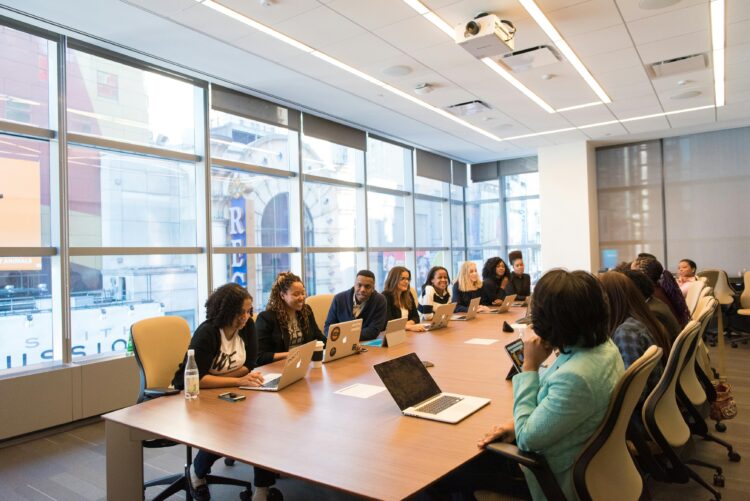Based on data from Capgemini Research Institute’s latest global survey, “Rise of agentic AI: How trust is the key to human-AI collaboration”, trust and human-AI collaboration will be essential to realise the potential of agentic AI.
Trust declining
Trust in fully autonomous AI agents has declined significantly, dropping from 43% to 27% over the past year. Almost two in five executives believe that the risks of implementing AI agents outweigh the benefits. Only 40% of organisations say they trust AI agents to manage tasks and processes autonomously, while most do not fully trust the technology.
Human-AI collaboration
Over 60% of organisations anticipate the formation of human-agent teams, where AI agents function as subordinates or enhance human capabilities, within the next 12 months. This shift is expected to significantly improve human engagement in high-value tasks (a 65% increase), creativity (a 53% increase), and employee satisfaction (a 49% increase).
AI-readiness
Despite the opportunities, a staggering 80% of organisations lack mature AI infrastructure, and fewer than one in five report high levels of data readiness. Moreover, only half of business leaders say they understand what AI agents are capable of, and even fewer can identify where these systems outperform traditional automation.

Franck Greverie, chief portfolio & technology officer, head of Global Business Lines, and group executive board member at Capgemini, said:“To succeed, organisations must remain focused on outcomes, reimagining their processes with an AI-first mindset. Central to this transformation is the need to build trust in AI by ensuring it is developed responsibly, with ethics and safety baked in from the outset. It also means reshaping organisations to support effective human-AI chemistry, creating the right conditions for these systems to enhance human judgment and help deliver superior business outcomes.”




